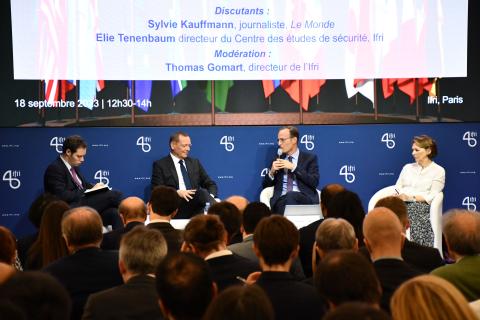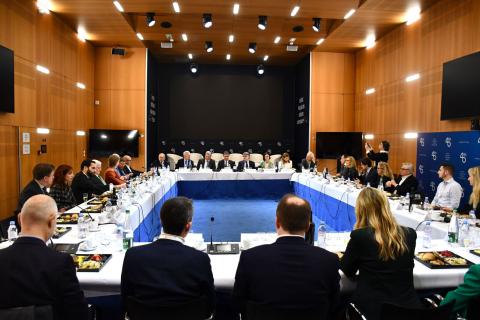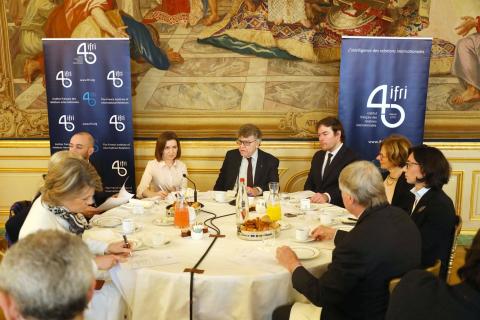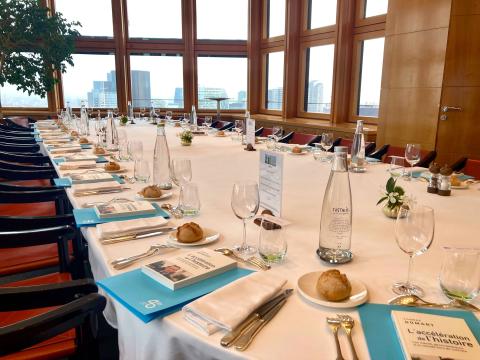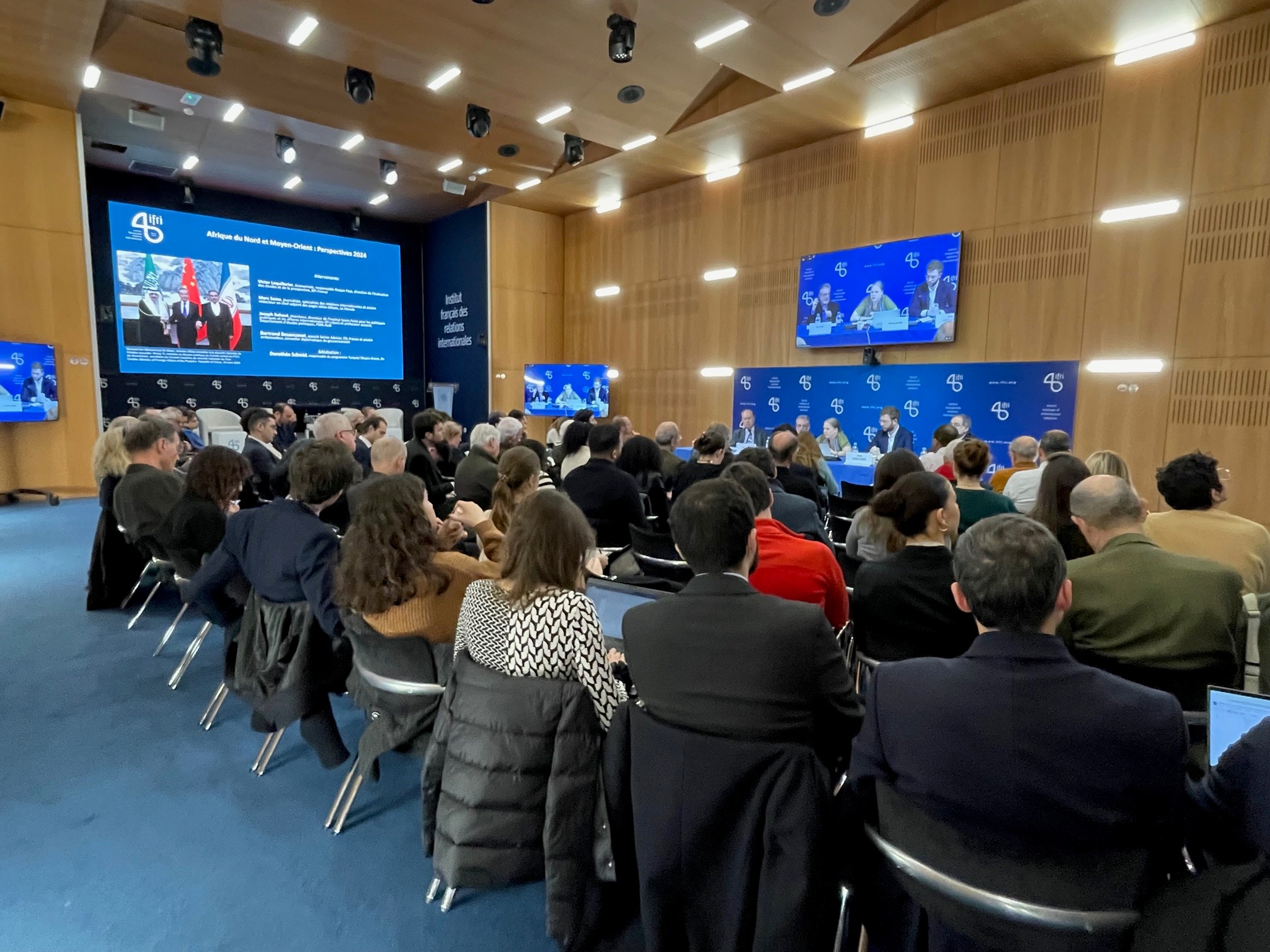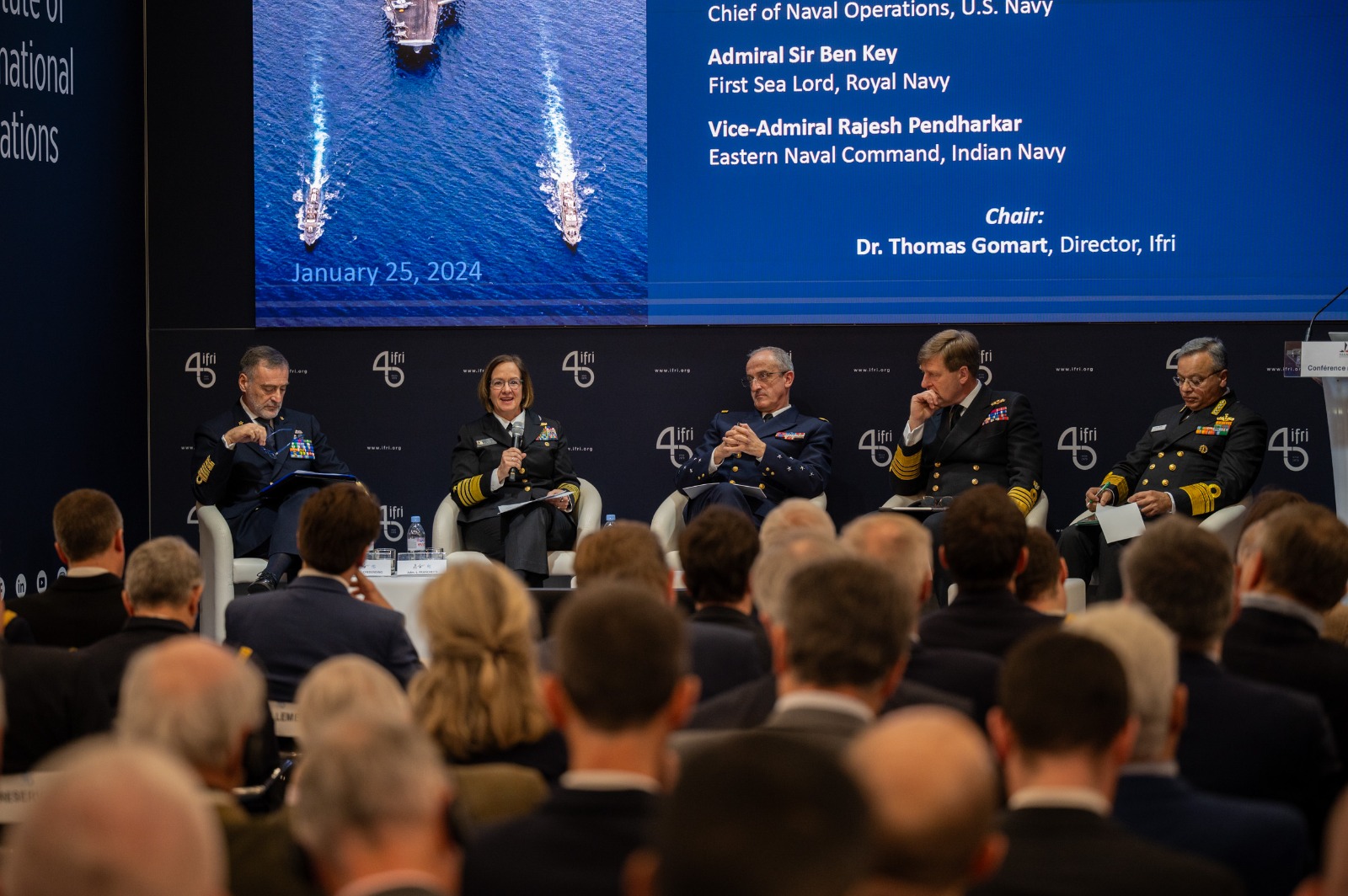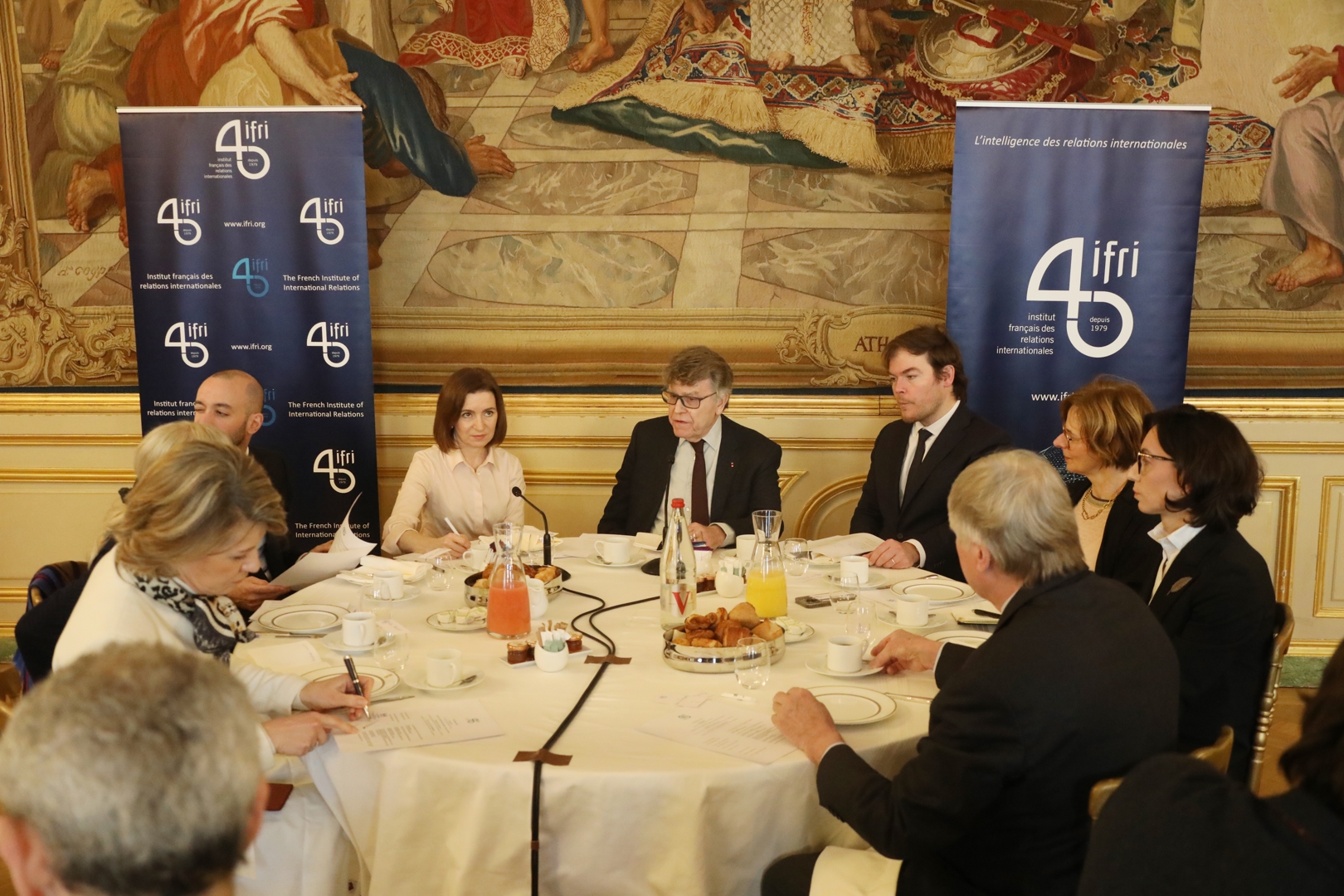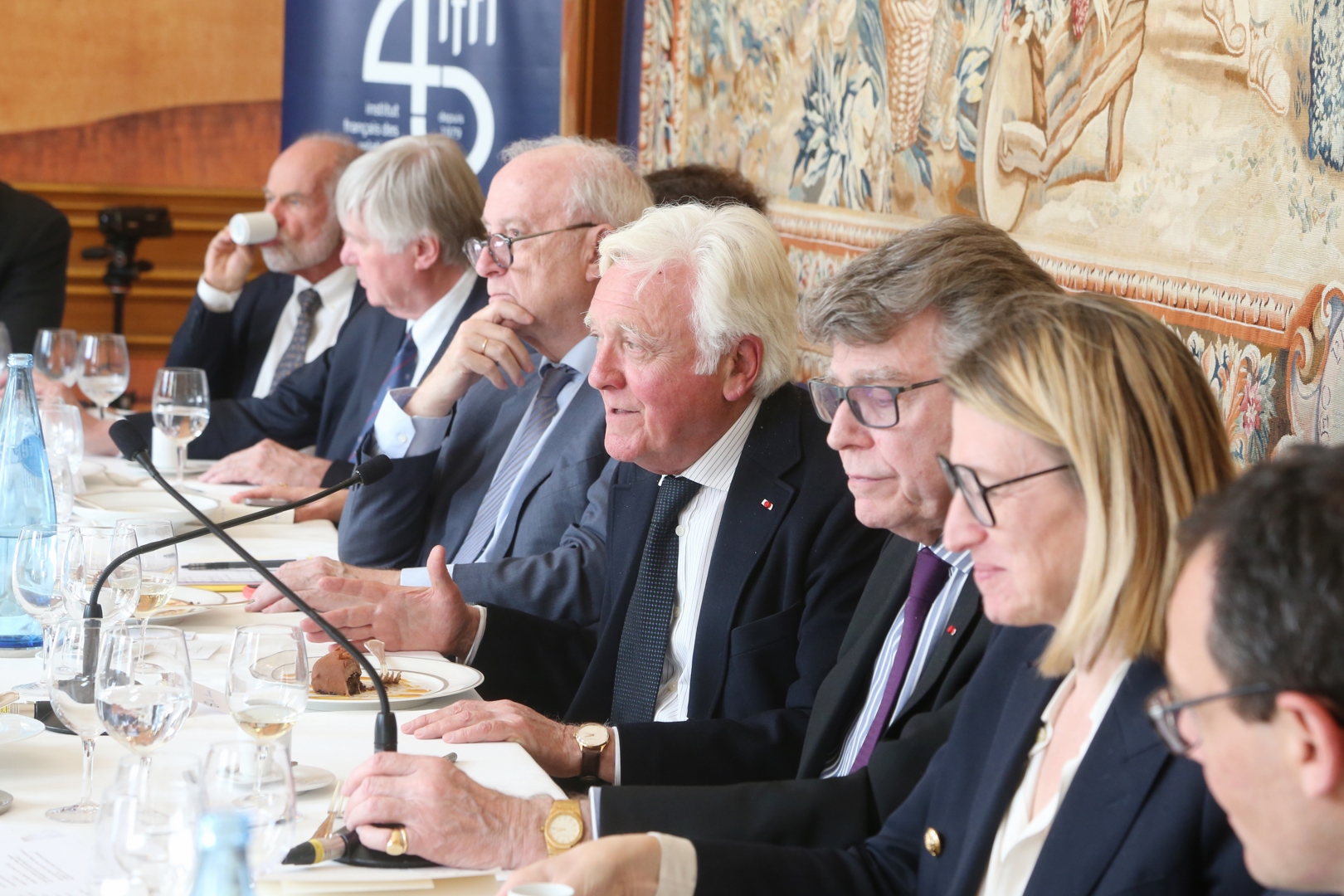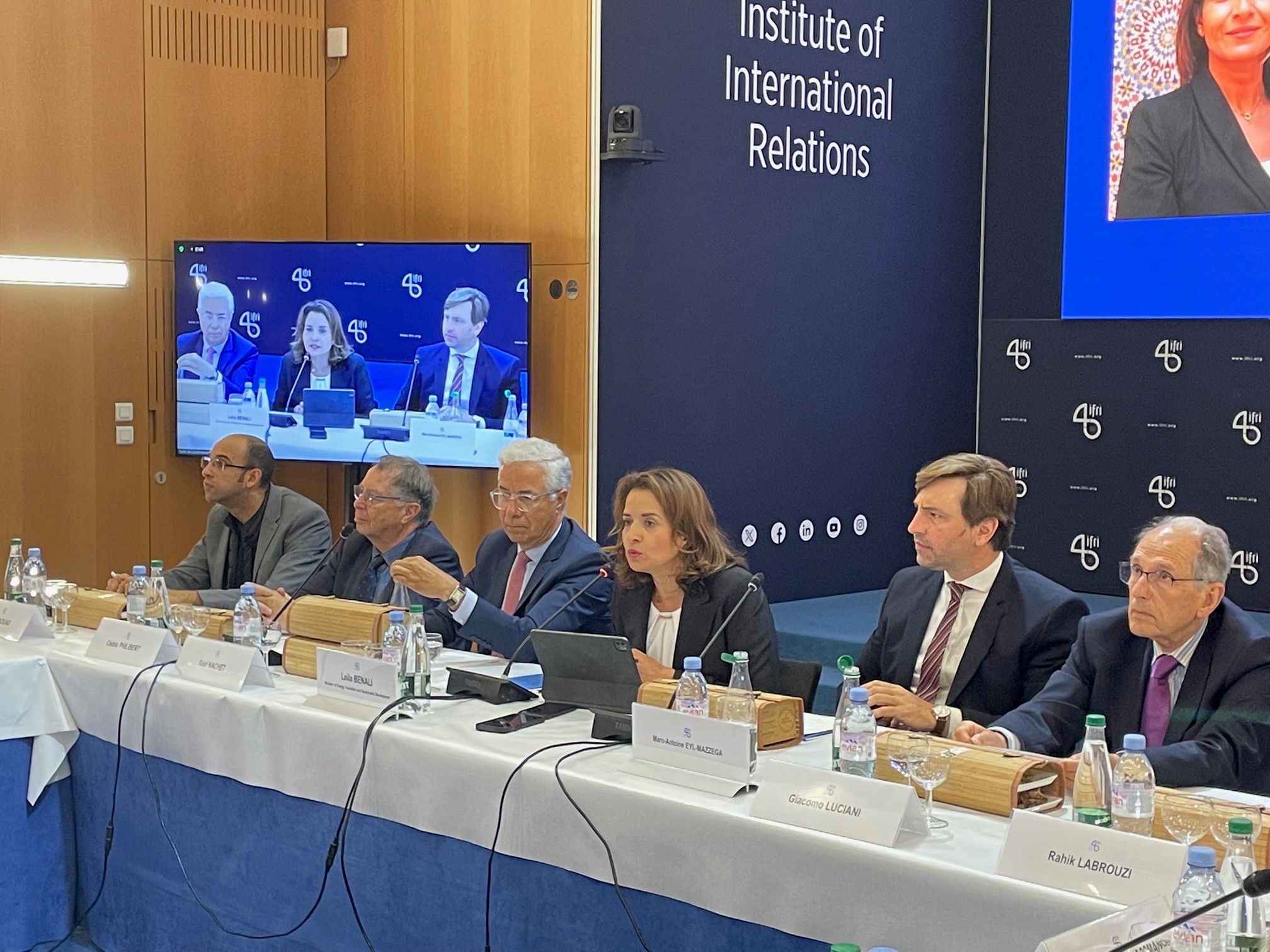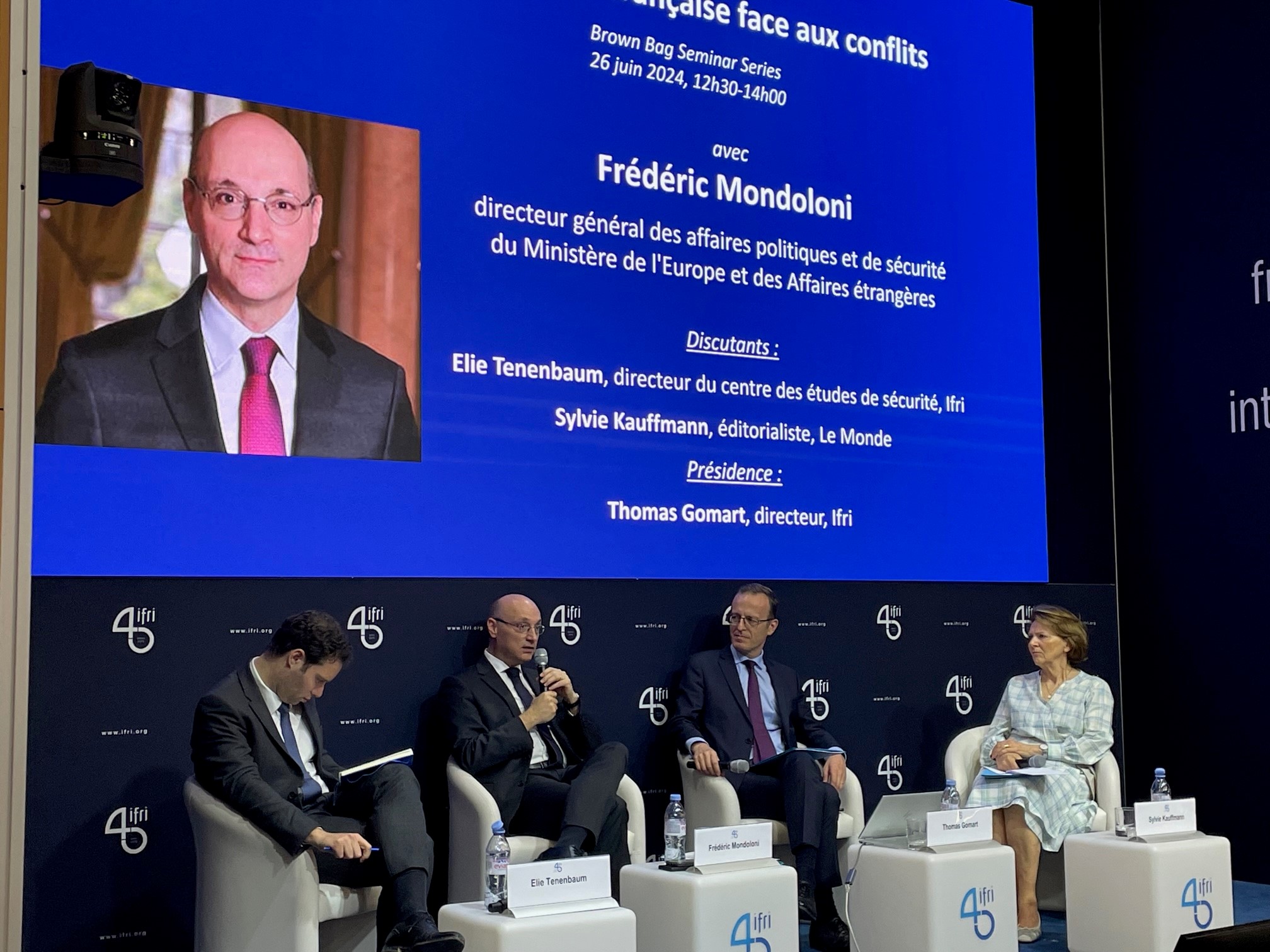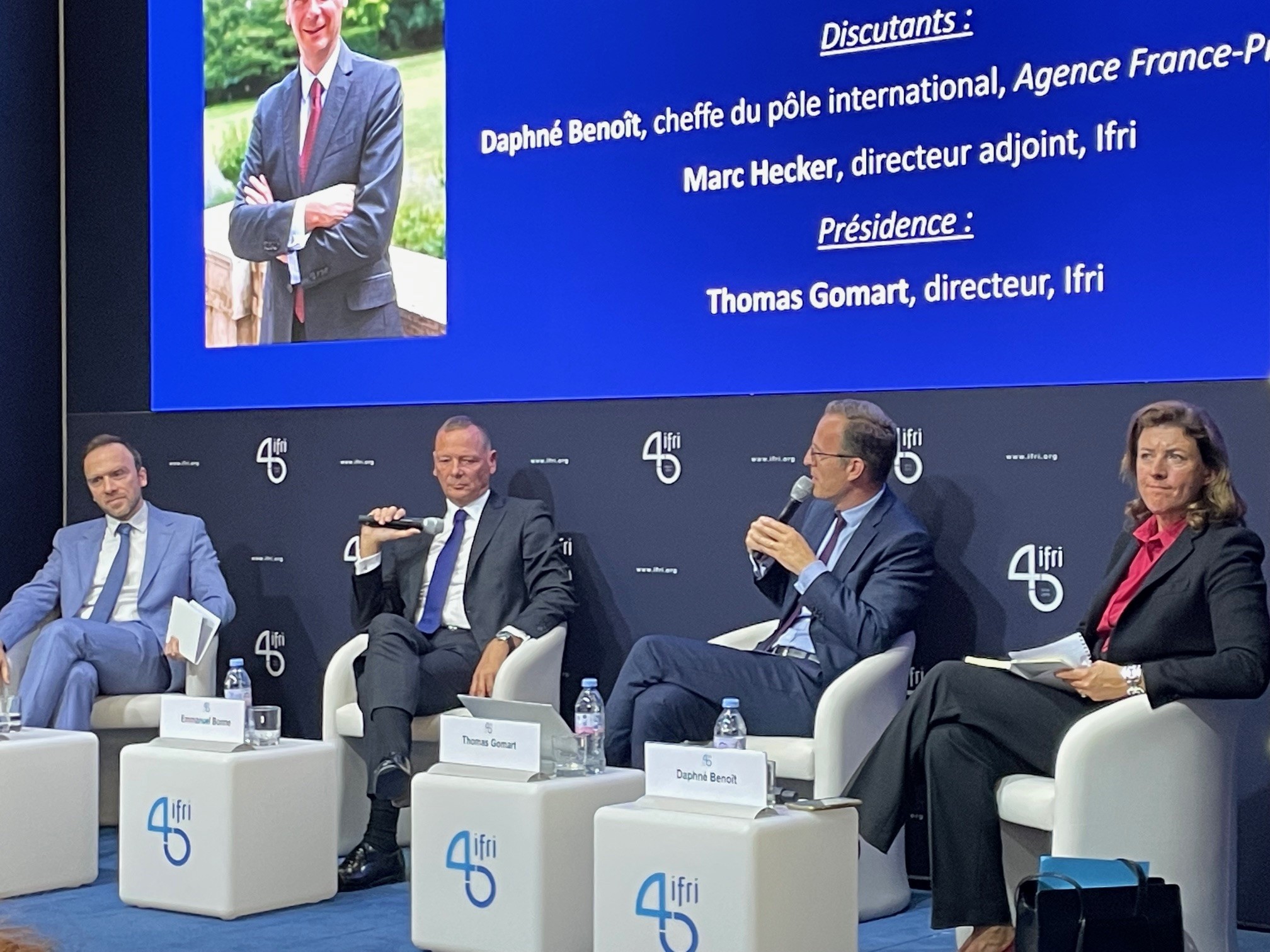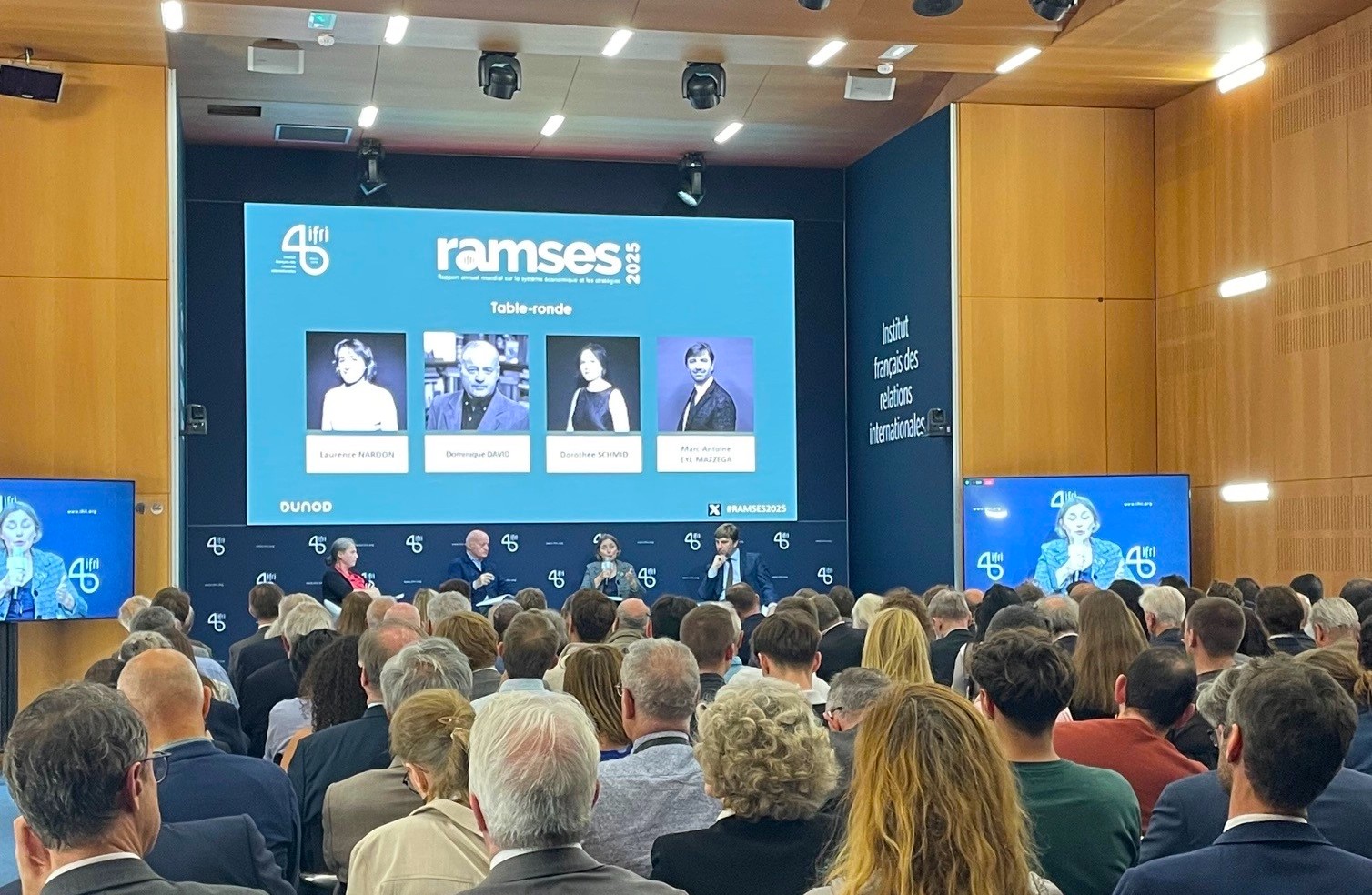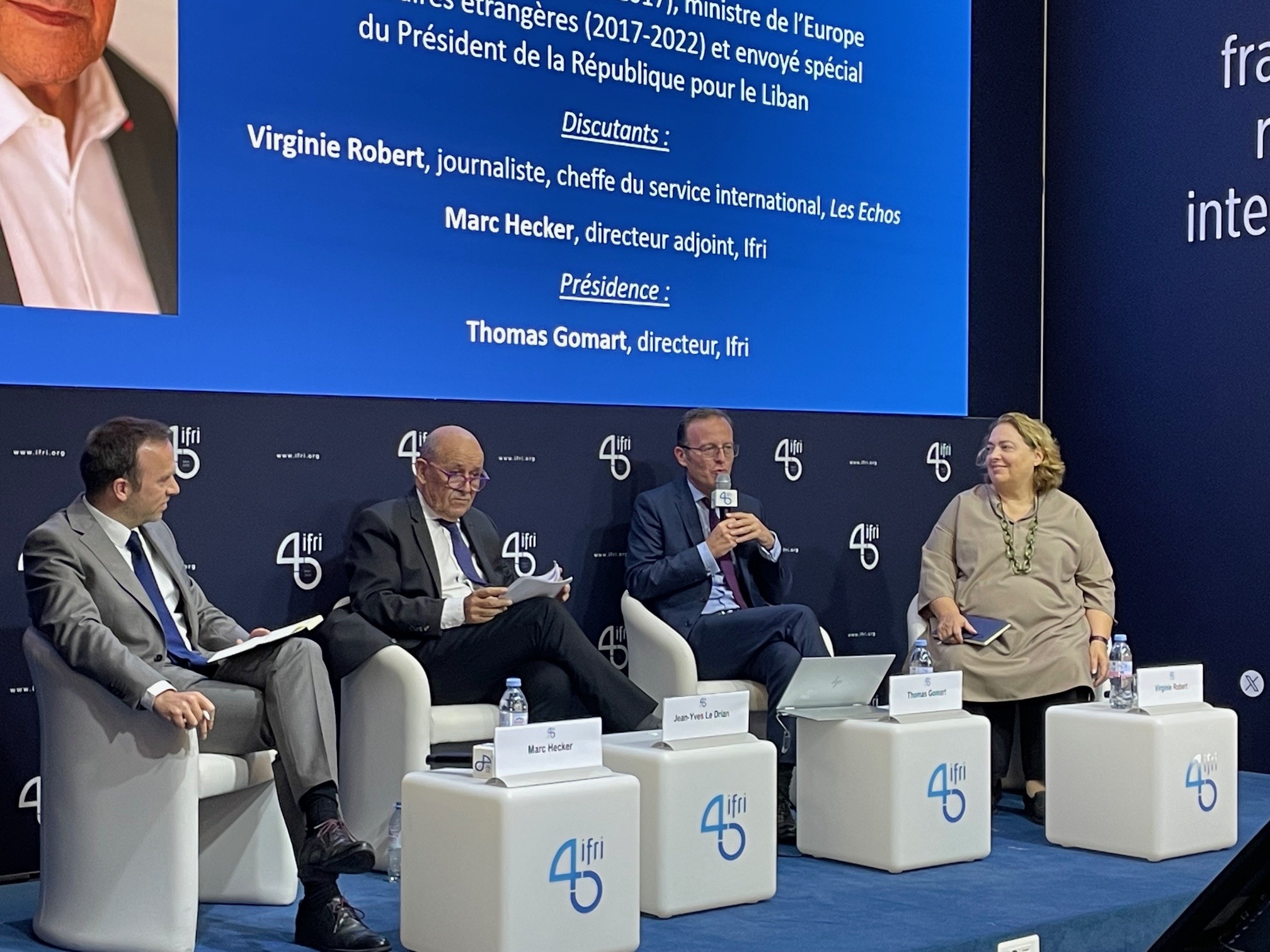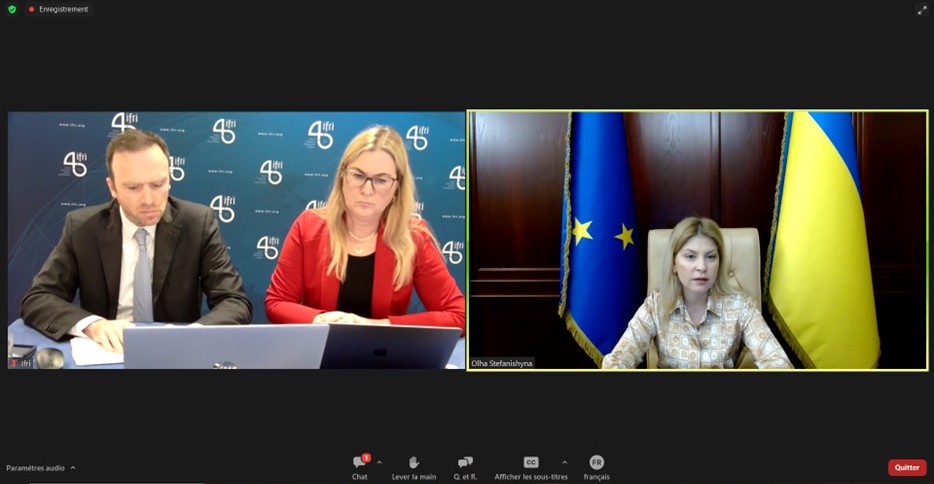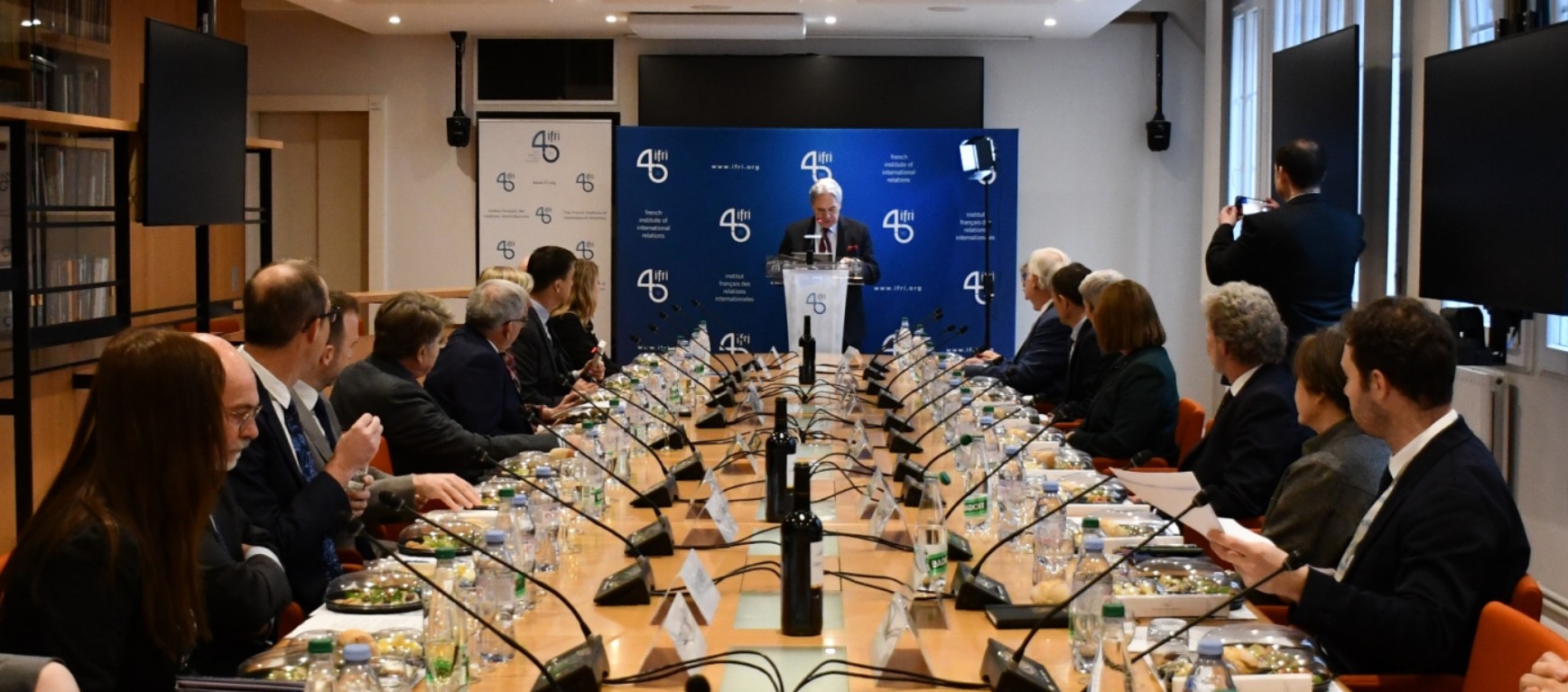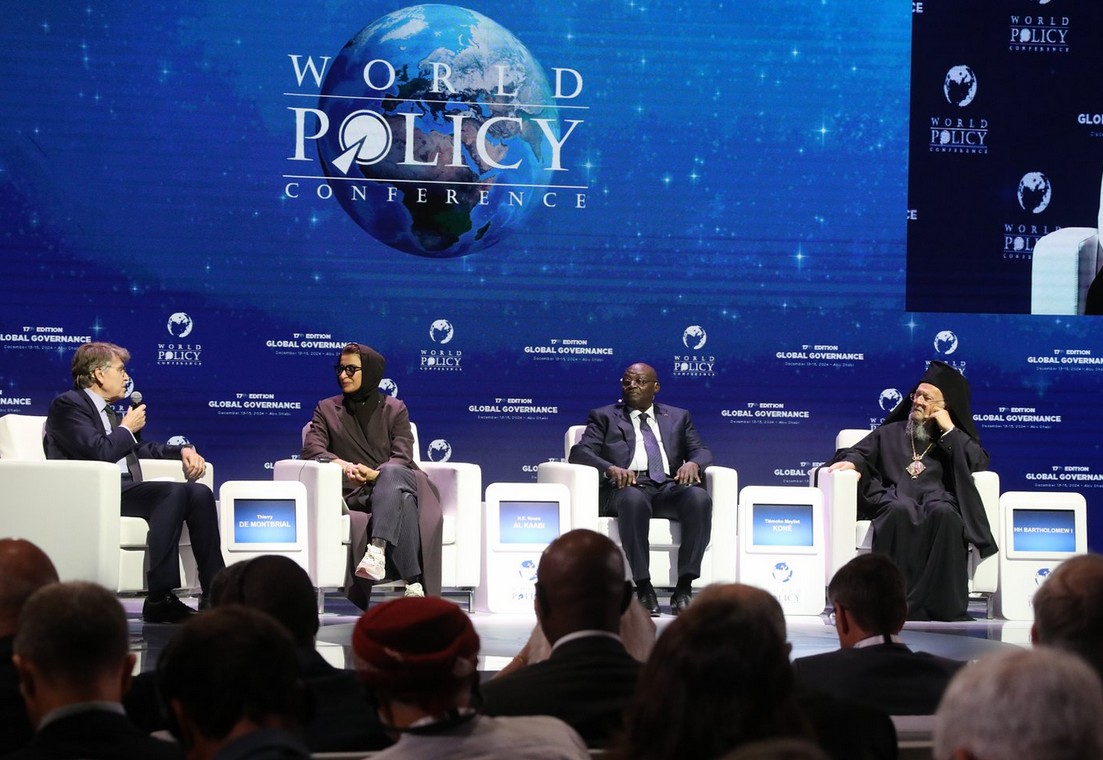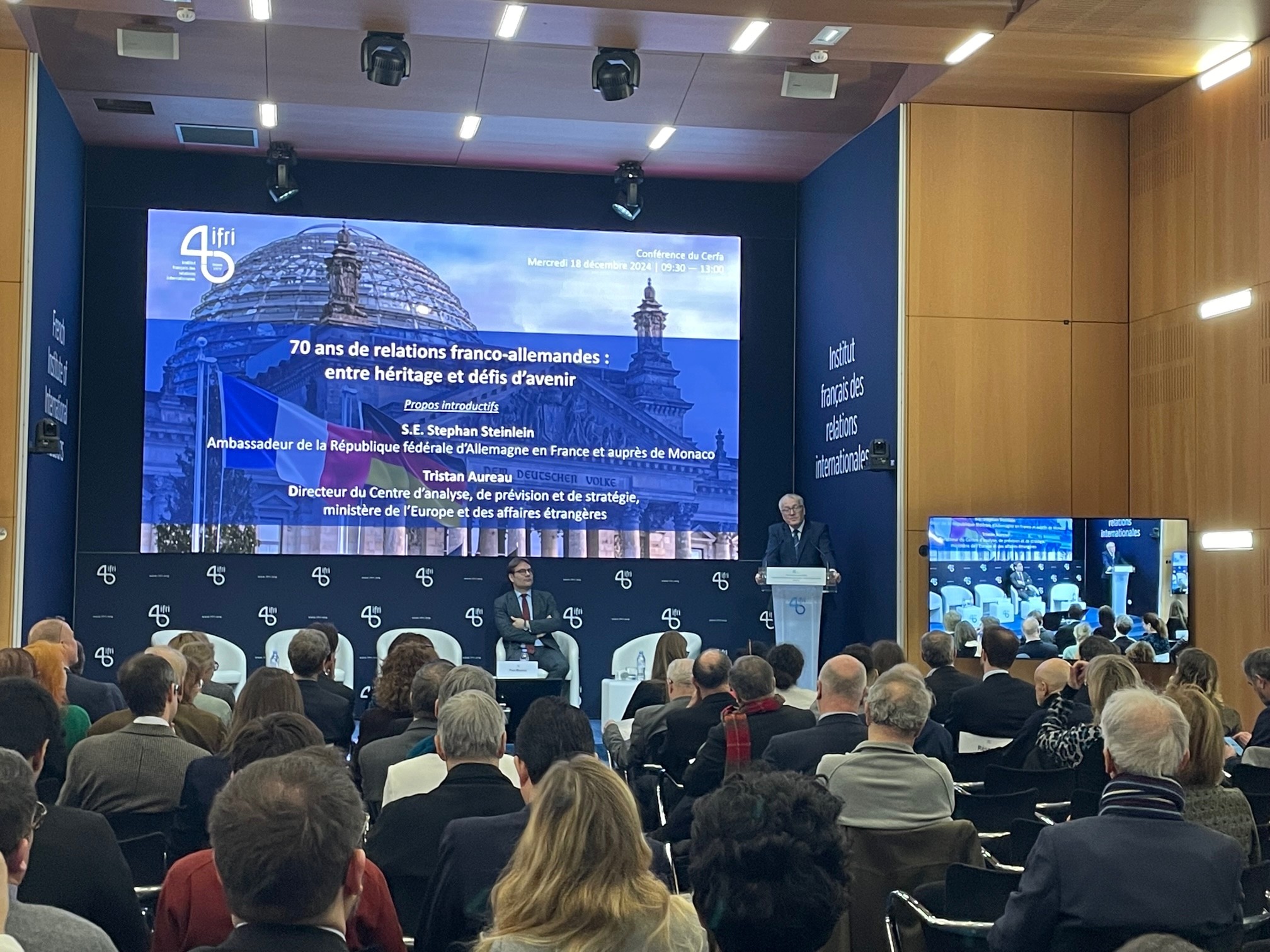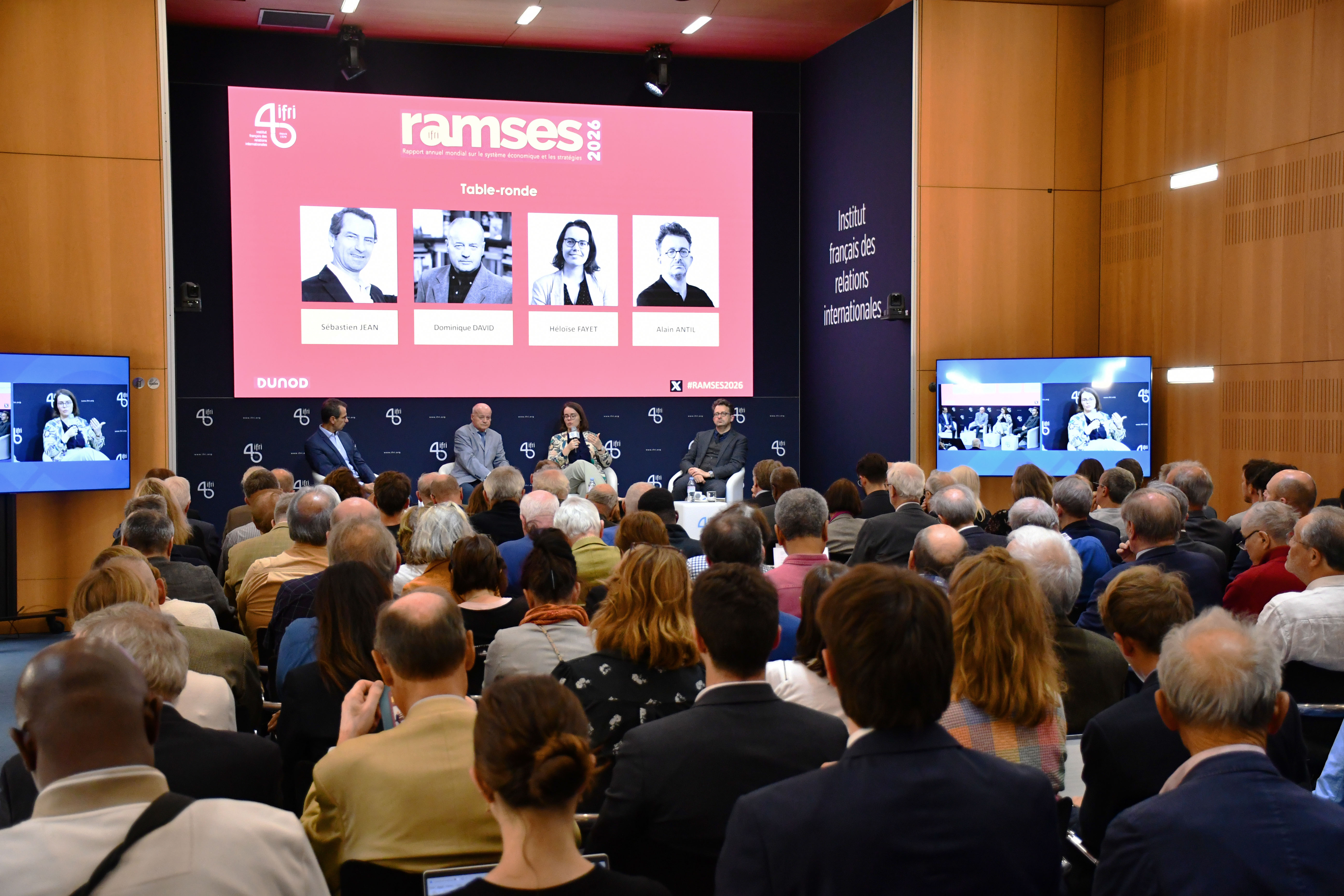
Titre
Events
Filter results
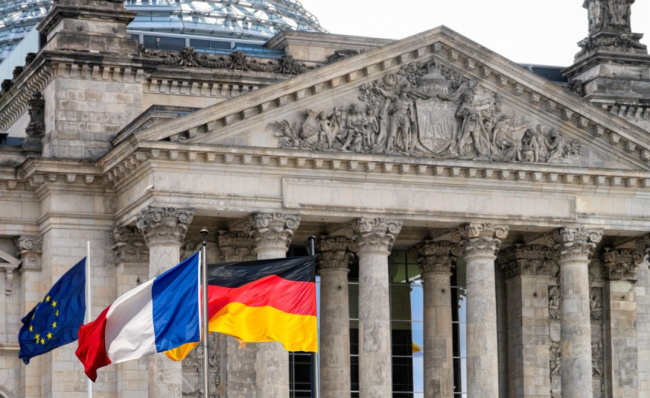
France-Germany, The Engine Under Pressure
Annual Conference of The Study Committe on Franco-German Relations (Cerfa) ─ Faced with a profoundly disrupted strategic and economic environment, Franco-German cooperation is more than ever the central pillar of Europe's future. The war in Ukraine, energy and technological dependence, and uncertainty about the strength of the transatlantic ties require urgent deepening of European sovereignty, both in terms of defence and economic and industrial competitiveness.
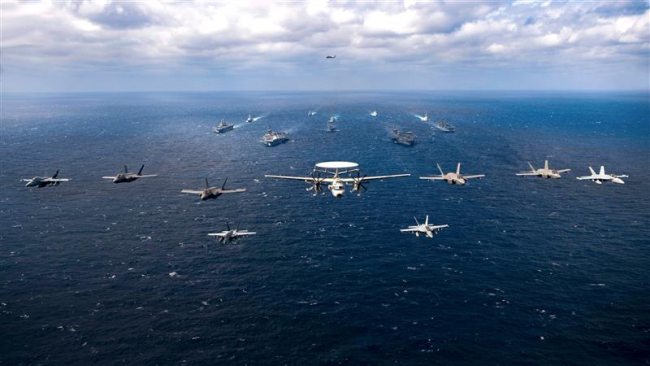
Navigating the Taiwan Strait Tensions: Perspectives from Japan, the Philippines, and France
As tensions continue to rise in the Taiwan Strait and discussions grow about hybrid frictions potentially escalating into a kinetic conflict in the coming years, neighboring countries are bracing for impact. Japan and the Philippines would be on the front lines if a crisis were to erupt in the Taiwan Strait.
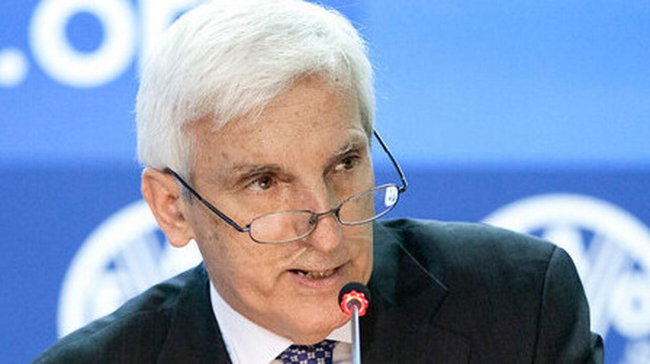
Europe’s Southern Courtyard and Southeastern Neighborhood: The Greek Perspective (...and what Europe could learn from great European art)
Greece stands at the crossroads of Europe’s southern flank, the Balkans, and the Eastern Mediterranean, a pivotal position for regional security and stability.
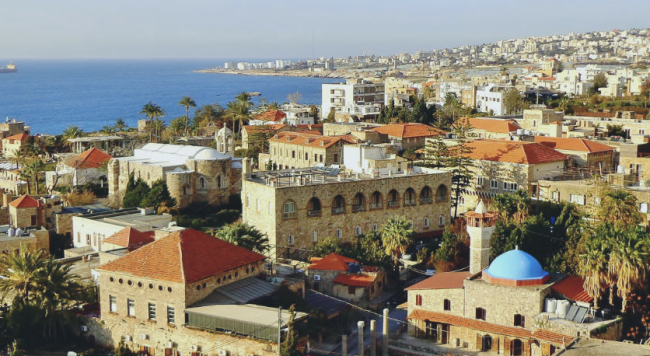
Following October 7, 2023: the Eastern Mediterranean under tension
This seminar, co-organized by Ifri, CAPS, and the GCSP, brought together a wide range of international experts to analyze political, security, and economic transformations in the Eastern Mediterranean, two years after October 7.
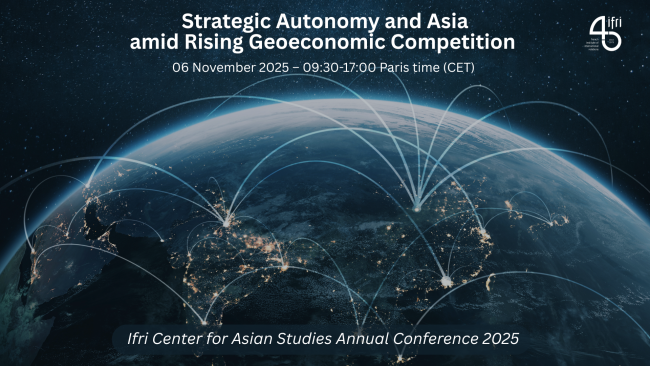
Strategic Autonomy and Asia amid Rising Geoeconomic Competition
Amid growing strategic and geopolitical uncertainty, Europe is grappling with the notion of its strategic autonomy. For Europe’s partners in Asia, the concept is also becoming increasingly salient as the world enters an era of structural transformation.
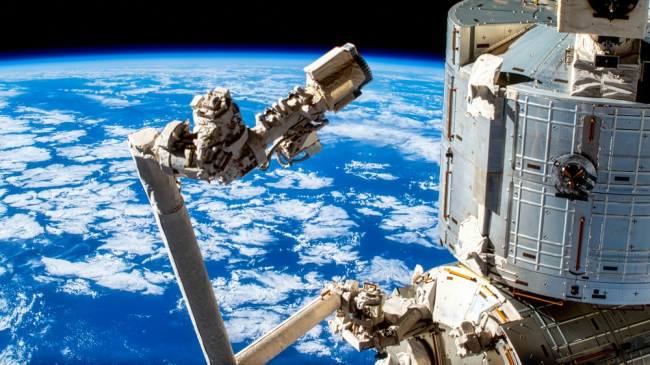
The Future of Space Cooperation: Challenges and Opportunities in the Trump II Era
The policy orientations of the Trump II administration profoundly challenge the foundations of international cooperation in space science and exploration. This shift reflects a broader trend of strategic disengagement and weakening of multilateral mechanisms in the space domain.
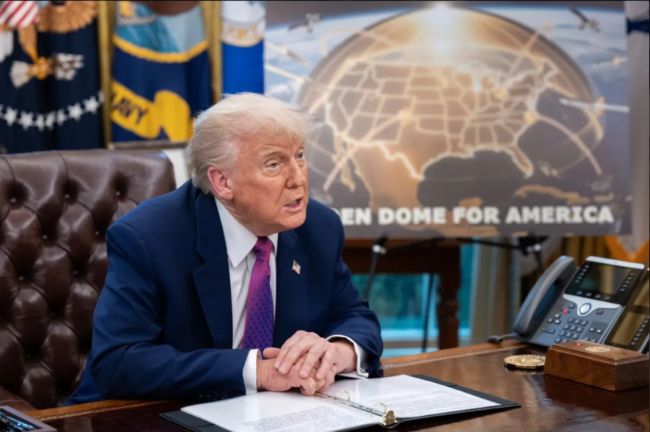
The Evolution of the U.S. Strategic Posture under Trump's Second Term
The United States’ strategic posture is currently marked by significant uncertainty and contradictory signals.
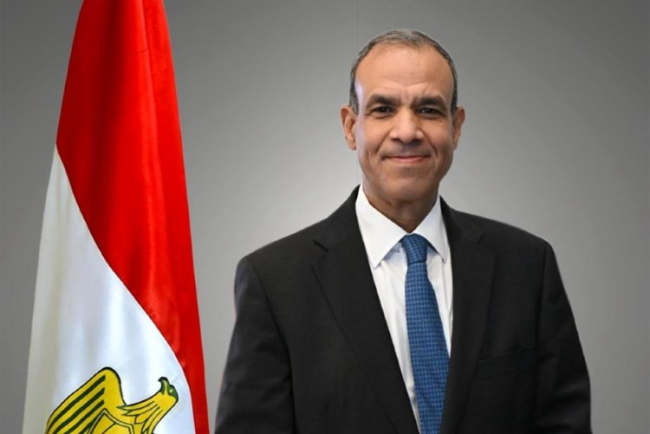
Conference with Badr Abdelatty, Minister of Foreign Affairs of Egypt
Egypt, with a population of over 115 million, is a key state in the Arab world. Its geographical position places it at the heart of regional tensions, which have been particularly heightened since October 7, 2023. Sharing a border with the Gaza Strip, it has been involved in providing humanitarian aid and in negotiating a ceasefire.
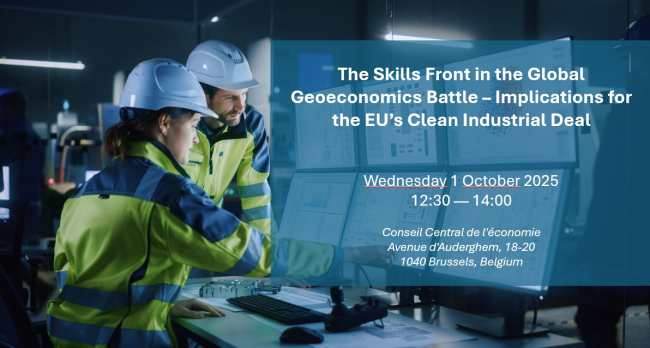
The Skills Front in the Global Geoeconomics Battle – Implications for the EU’s Clean Industrial Deal
In the global race for mastering and deploying clean energy technologies, the available and well-trained workforce is a crucial success factor, with China already a green skills superpower: 90% of its energy jobs growth are in the clean energy sector and the country accounts for about 80% of global employment in the batteries sector.
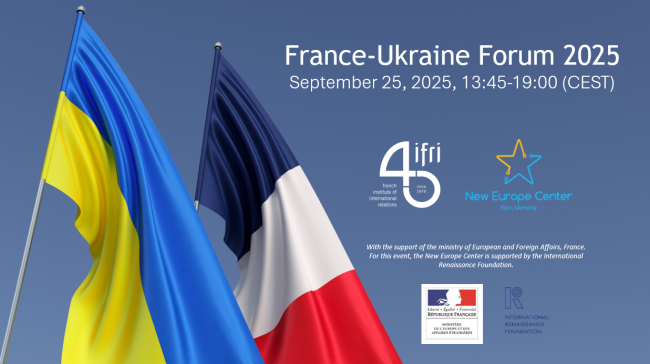
France-Ukraine Forum 2025
Three years after the start of Russia's full-scale war against Ukraine, the France-Ukraine 2025 Forum will welcome politicians, experts, academics, and civil society representatives from both countries to discuss three main topics: Ukraine's current military strategy and strategic perspectives; the country's resilience and recovery; Ukraine's European and transatlantic perspectives, including the EU accession process and its aspirations to join NATO.
Event Series
Latest retrospectives

EV Supply Chains for Japan and Europe: Strengthening Economic Security
Economic security aims to ensure the resilience of supply chains for key industries: the case of electric vehicle production in Japan and Europe will be discussed.
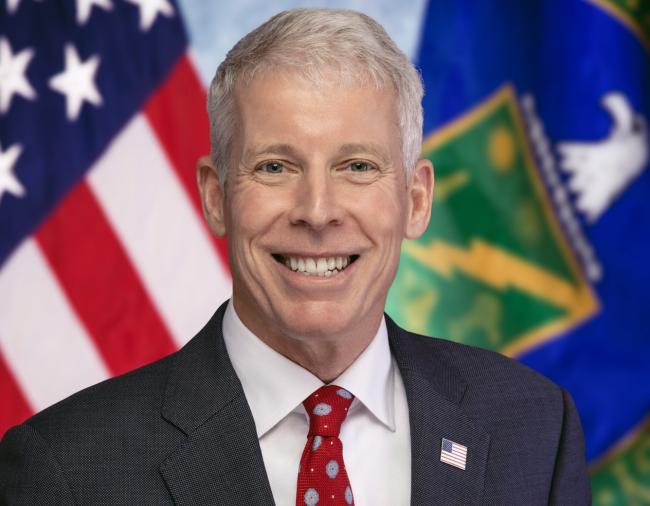
Conference with Chris Wright, Secretary, U.S. Department of Energy
EU-US Energy Relations in Times of Global Reshuffling
The United States aims for global energy dominance and leading in the global IA race, using all available and competitive energy resources, notably natural gas and nuclear.
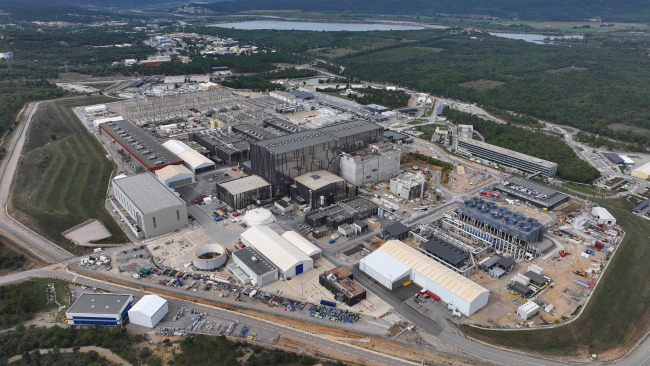
Is Fusion Coming Faster and Cheaper than Expected?
ITER was for long time the embodiment of fusion as an international, long standing R&D cooperation objective to seek a new way to produce safe, low carbon and abundant low carbon electricity. Yet over past years, fusion start ups, several governments and investors have decided to push fusion R&D and deployment to complement ITER. Major efforts are ongoing notably in the United States, China, Germany, Italy. Most attention has been drawn to the Commonwealth Fusion System, its new technology approach, billions in capital raised, and its ongoing construction of a demonstration fusion machine near Boston and the selection of their first 400MW fusion power plant site in Virginia.
This conference will discuss latest technology developments to generate more energy than consumed and stabilize the fusion process, deployment prospects and policy implications, not least amidst France's G7 presidency.
Titre événement en image
Ifri in Pictures
Support independent French research
Ifri, a foundation recognized as being of public utility, relies largely on private donors – companies and individuals – to guarantee its sustainability and intellectual independence. Through their funding, donors help maintain the Institute's position among the world's leading think tanks. By benefiting from an internationally recognized network and expertise, donors refine their understanding of geopolitical risk and its consequences on global politics and the economy. In 2025, Ifri supports more than 80 French and foreign companies and organizations.








